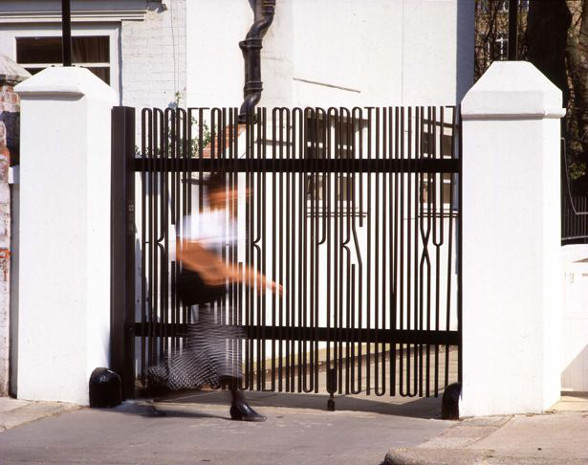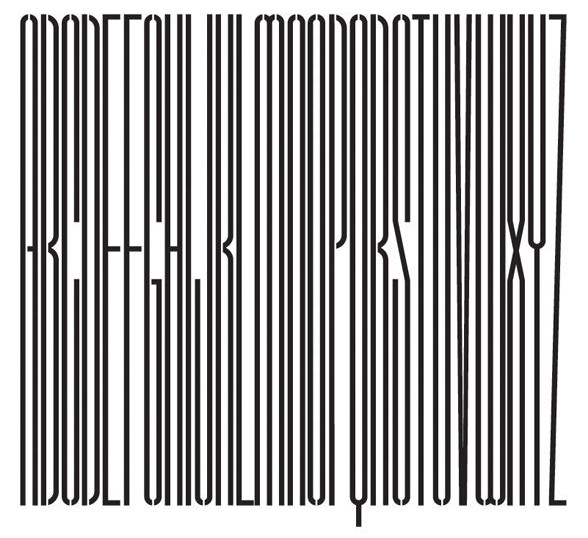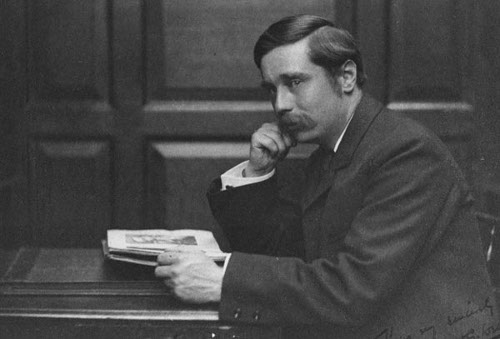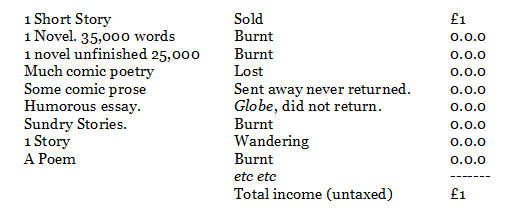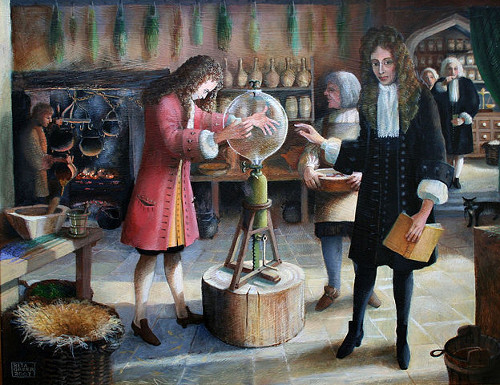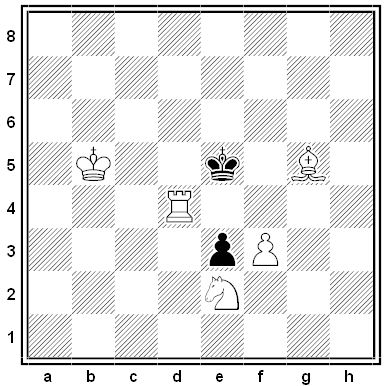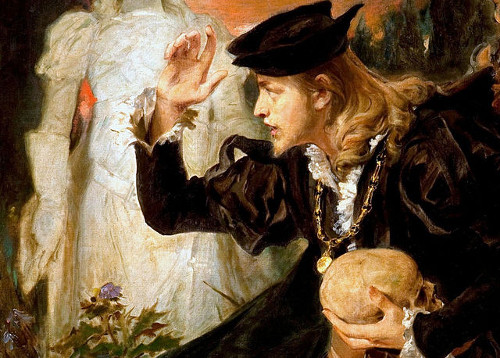
Hamlet’s nunnery soliloquy in “Americanese,” by critic and satirist A.E. Wilson:
To quit or not to quit; that’s what I’m up against
Ought I to stick the darn thing out
And let old man Fortune make a monkey of me
Or take a crack against this brand of bellyaches
And swipe the lot of them? To pass out; to sleep
No more; and by a sleep to say we end
The katzenjammer and all the other things that give us the willies.
I’ll tell the world it would be better. To pass out; to hit the hay;
To hit the hay; perhaps to dream: Gee! that would be tough;
For while we’re sleeping in the boneyard what dreams may come when we have handed in our cheques,
That makes you think: There’s the respect
That makes your life just one long tough break
For who would stand for a kick in the pants or a sock in the jaw
The panning of some ritzy guy
The pain in the neck when some frail has given you the icy mitt
When he might stage a fade out with a bare rib tickler …
From Gordon Snell, The Book of Theatre Quotes, 1982. I’m not sure when Wilson wrote it — to judge from some of the expressions, I think it might be from the 1930s.
08/26/2015 Reader Ed Kitson sent some similar pieces: an Australian ancestor from 1917, travesties from 1810 and 1849, and an 1822 ditty. The mother of all parodies is still the Skinhead Hamlet, mentioned here in 2012 and still stupendously NSFW.

